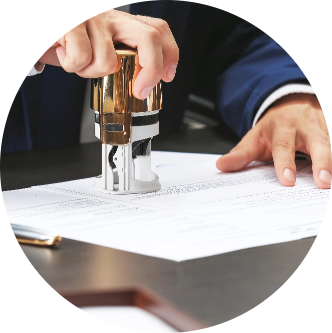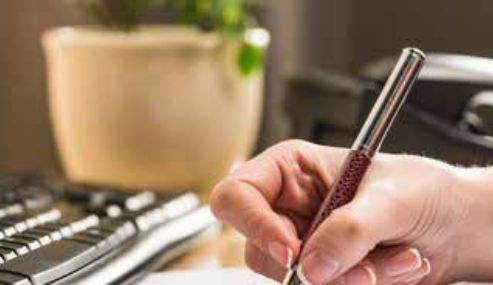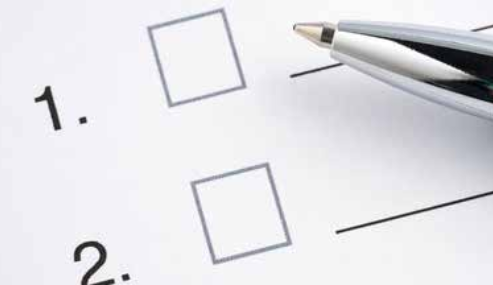Notary Locator is a national Public Notary Directory listing subscribed Public Notaries practising in all States and Territories of Australia, including NSW, VIC, QLD, SA, ACT, WA, NT, TAS, & Norfolk Island.
Documents notarised by an Australian Notary Public for use overseas may be required to be "legalised" or "authenticated", before accepted by foreign governments or businesses.
Foreign governments or businesses usually require Australian notarised documents, as well as other Australian public documents, to be either "apostilled" by the Australian government, or "legalised" by their Embassies or Consulates in Australia.
The Department of Foreign Affairs & Trade (DFAT) issues Apostille Certificates or Authentication Certificates, authenticating the seals and signatures of Australian Public Notaries.
Those who require documents to be notarised should first make enquiries with the appropriate Embassy or Consulate of the country where their document is to operate, to ensure that their document does not need to be apostilled, authenticated or legalised.

"Legalisation" is the process by which the signature and seal of a Notary Public is authenticated before a notarised document is valid in a foreign country.
The need for the authentication process is to establish a chain of authentication with respect to the signature and seal on notarised documents. That is, by authenticating notarised documents, DFAT verifies the signatures and seals appearing on notarised documents.
DFAT either affixes or attaches Apostille Certificates or stamps onto notarised documents originating in Australia for use in most foreign countries.
It does so because since 1995, it has been a signatory to "The Hague Convention Abolishing the Requirements of Legalisation for Foreign Public Documents".
Not all countries are signatories to this Convention and those countries that are not still insist that notarised documents be "legalised".
Italy, Greece, The Netherlands, Russia and UK are among signatories to the Hague Convention; UAE, China, Vietnam and most Middle Eastern countries are countries that have refrained from ratifying the Convention.
An Apostille Certificate, signed by an officer of DFAT, confirms that the notarised document has been signed by the named person acting in his or her capacity of a Notary, and bears the seal of such Notary Public.
Fees are payable to DFAT for Apostille and Authentication Certificates.
It is not the responsibility of a Notary Public to advise on the official requirements or processes of the Australian Government or the foreign country where the notarised document is destined for use. You should make your own investigations.
For a full explanation of the legalisation process, including Authentication and Apostille Certificates, click on this link...

Our website is searched over 6,000 times every month. If you are a public notary, you are invited to list your Notary Public practice in our directory.

You have located your Notary Public and booked your appointment.
To make sure your appointment runs as smoothly as possible here are a few things for you to do….